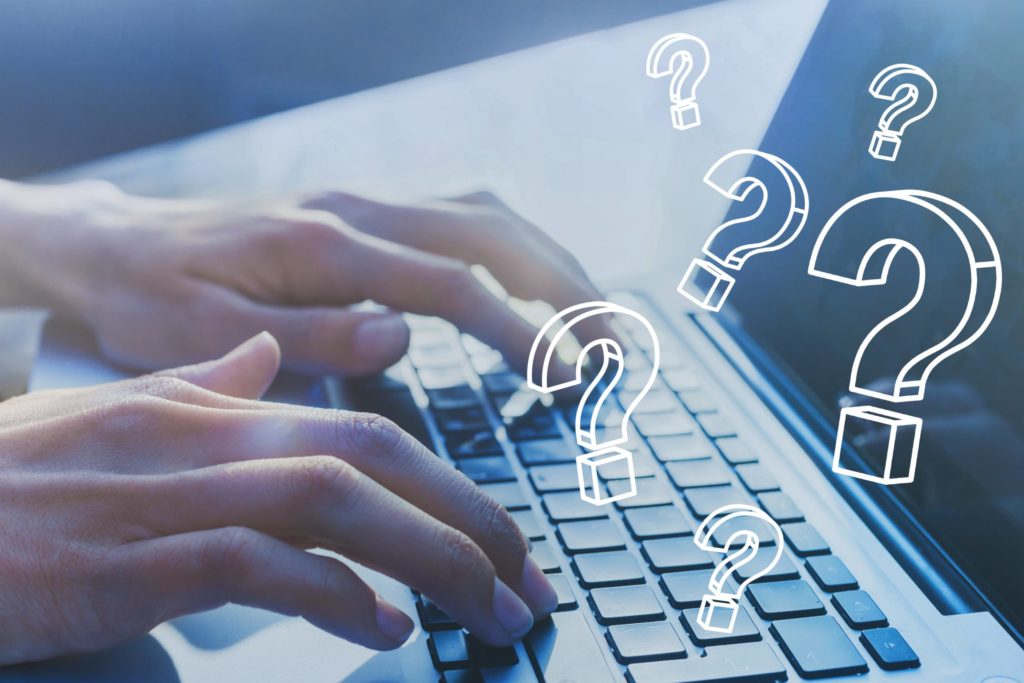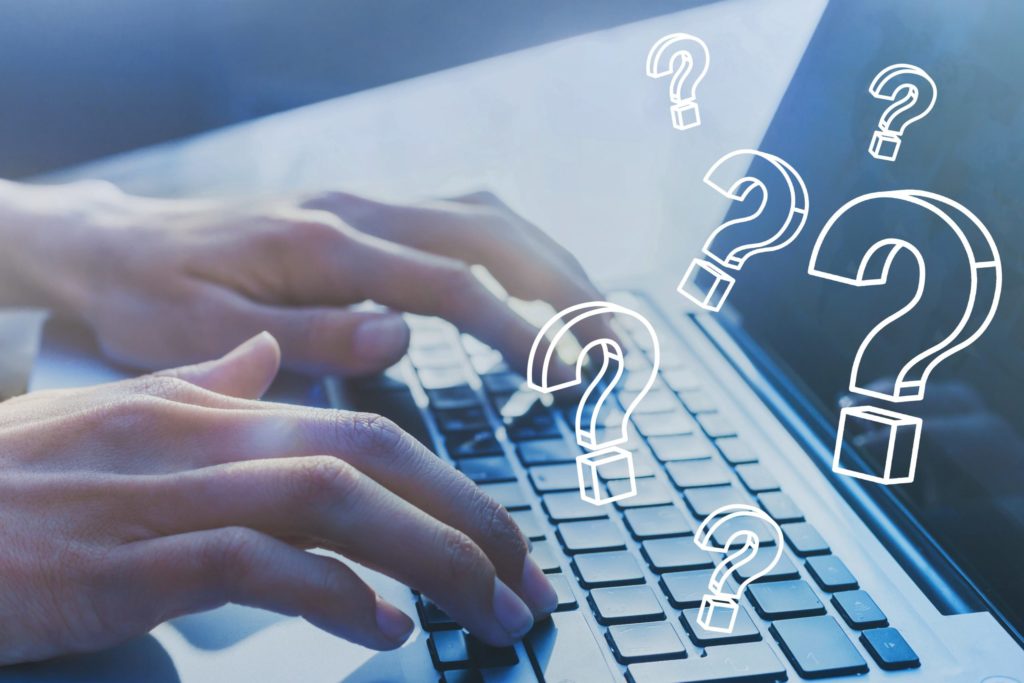Hyperkalemia
Hyperkalemia 1. What is hyperkalemia? Hyperkalemia is the medical term for having too much potassium in your blood. Potassium is a substance found in certain foods. In people with hyperkalemia, the body holds on to too much potassium. People can get hyperkalemia if their kidneys are not working well, or if they take certain medicines. […]




